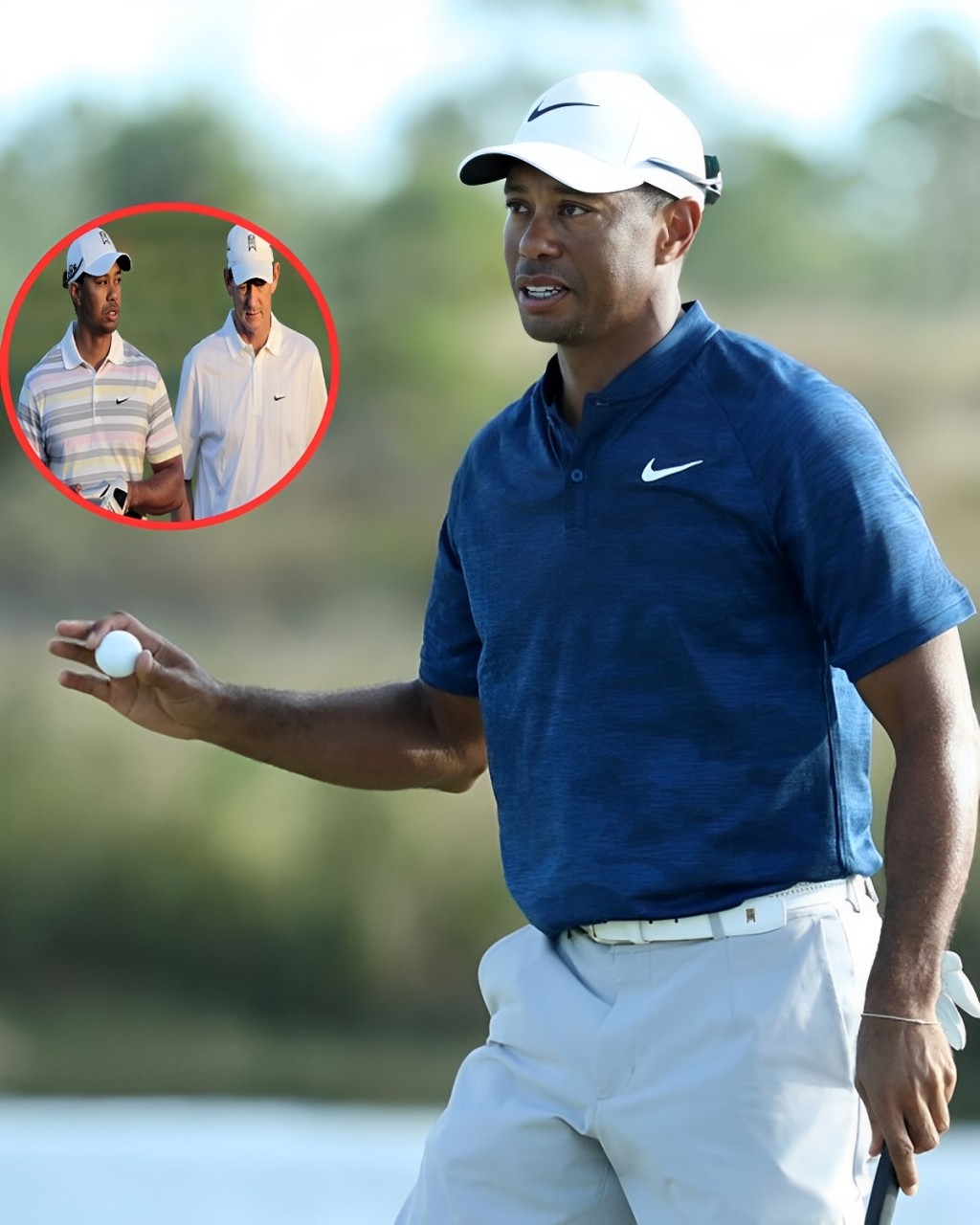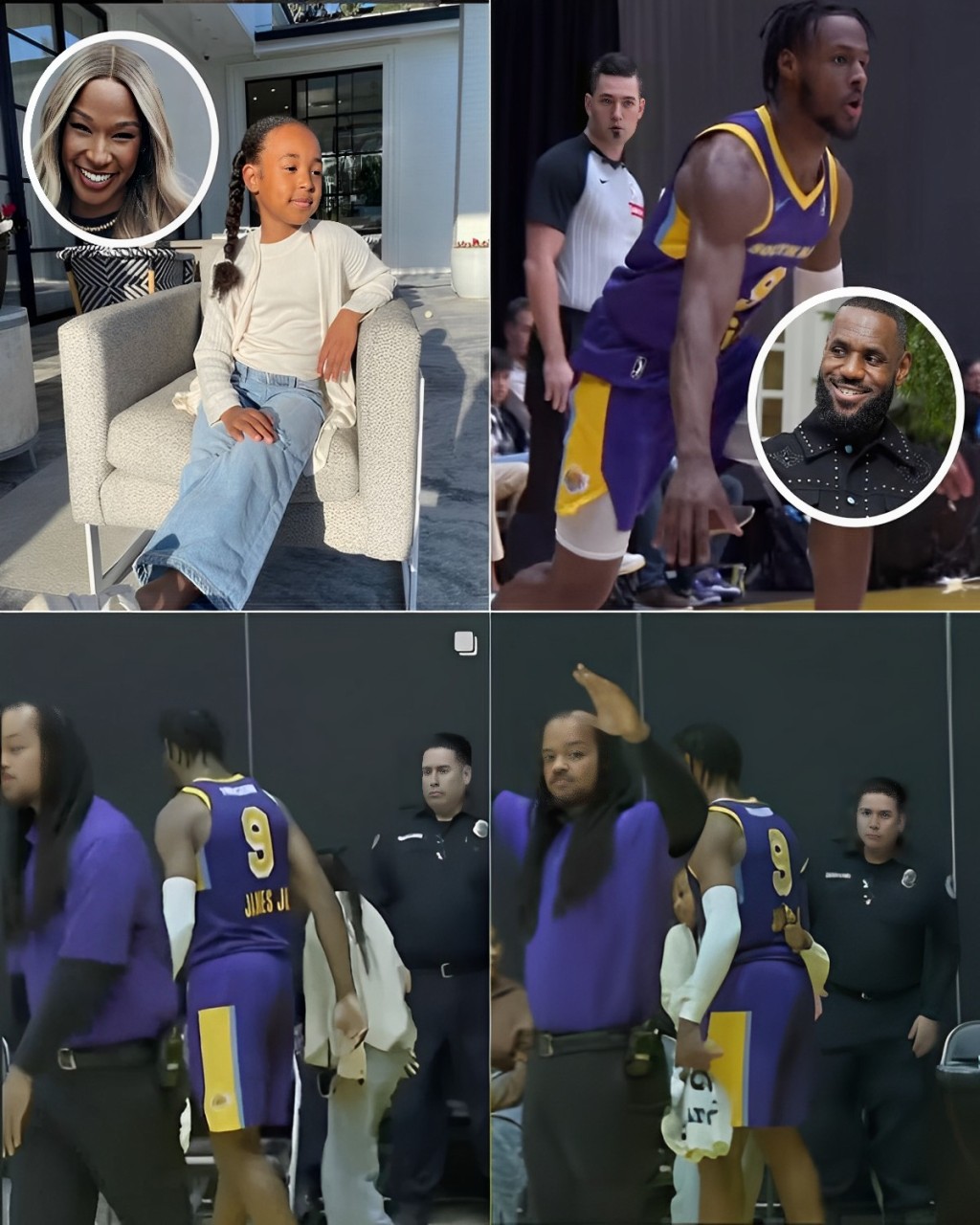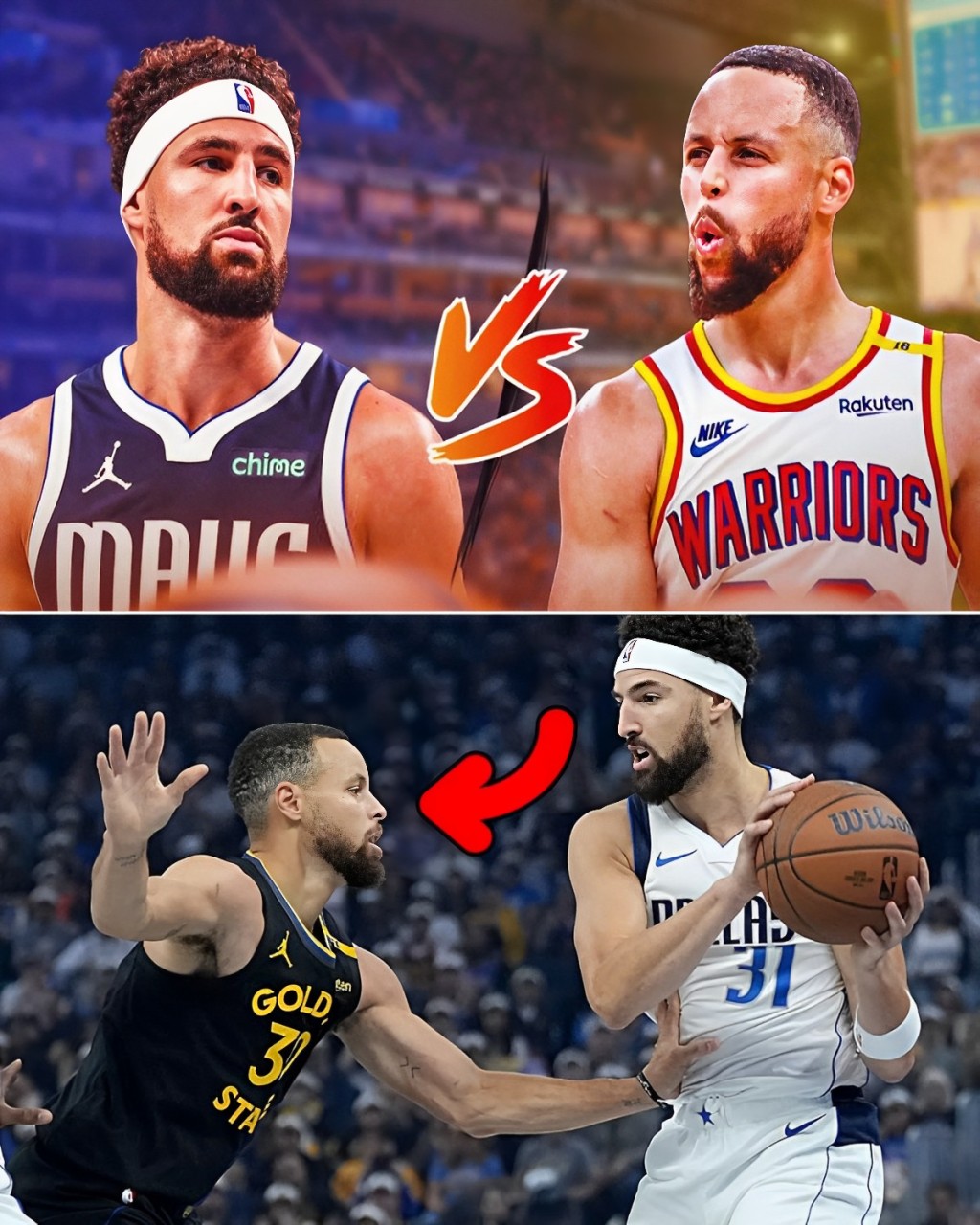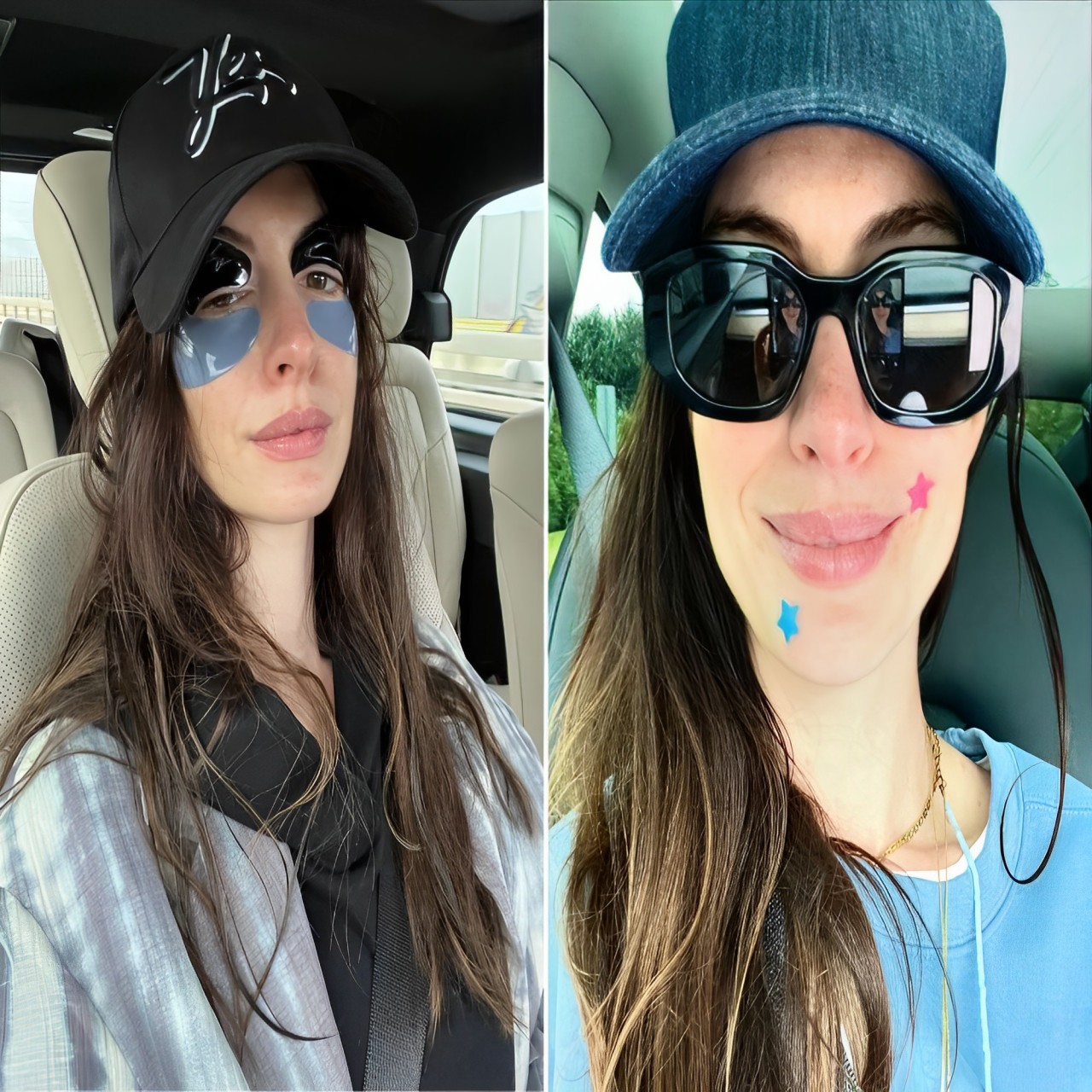Chika Ofili is a 12-year-old British-Nigerian boy who has a passion for mathematics. He attends Westminster Under School in London, where he is one of the top students in his class. In 2019, he made a remarkable discovery that earned him a special recognition award at the TruLittle Hero Awards, an event that celebrates the achievements of young people in the UK.

Chika’s discovery was a new formula for testing whether a number is divisible by 7. Divisibility tests are simple rules that help us quickly determine whether a number can be divided by another number without leaving a remainder. For example, to check if a number is divisible by 2, we just need to look at the last digit and see if it is even. To check if a number is divisible by 3, we just need to add up all the digits and see if the sum is divisible by 3. And so on.
However, there was no easy or memorable test for checking divisibility by 7, until Chika came up with one. His formula involves taking the last digit of any whole number, multiplying it by 5 and then adding it to the remaining part of the number to get a new number. If this new number is divisible by 7, then the original number is also divisible by 7.
For example, let’s take the number 203. To apply Chika’s formula, we take the last digit, which is 3, multiply it by 5, which gives us 15, and add it to the remaining part of the number, which is 20. This gives us 35. Now we check if 35 is divisible by 7, which it is (35 = 7 x 5). Therefore, we can conclude that 203 is also divisible by 7 (203 = 7 x 29).
Chika’s formula works for any whole number and can be easily remembered and applied. It is also based on a simple mathematical principle: multiplying a number by 10 and adding another number is equivalent to shifting the decimal point one place to the right and adding another number. For example, 20 x 10 + 3 = 203 and 2 x 10 + 0.3 = 20.3. This means that dividing by 7 and looking at the remainder is the same as multiplying by a fraction (1/7) and looking at the decimal part.

Chika’s teacher, Miss Mary Ellis, who is also the head of the mathematics department at Westminster Under School, said that Chika discovered the formula while solving a holiday assignment. The book had several divisibility tests that were used to quickly work out whether a number is exactly divisible by either 2, 3, 4, 5, 6, 7, 8 or 9 before you start dividing. The book had no memorable test listed for checking divisibility by seven.
Miss Ellis was amazed by Chika’s discovery and decided to share it with other mathematicians. She also nominated him for the TruLittle Hero Awards, where he received a special recognition award for making a new discovery in mathematics.
Chika’s discovery has been praised by many people, including other mathematicians who have confirmed that his formula is correct and original. Some have even compared him to famous mathematicians like Carl Friedrich Gauss, who also made remarkable discoveries at a young age.
Chika said that he loves mathematics because it is “the backbone of science and technology”. He also said that he wants to use his talent to solve real-world problems and make positive contributions to society.
Besides the TruLittle Hero Awards, Chika has also won other awards for his mathematical s𝓀𝒾𝓁𝓁s. In July 2019, he participated in the Junior Mathematical Challenge (JMC), a national competition organized by the UK Mathematics Trust for students up to year eight in England and Wales. He scored 135 out of 135, achieving a gold certificate and qualifying for the Junior Mathematical Olympiad (JMO), an invitation-only event for the top performers in the JMC. In October 2019, he also won the best result in his school in another national competition called Bebras Computational Thinking Challenge, which tests students’ ability to solve problems using logic and algorithms.
Chika’s achievements show that he has a bright future ahead of him as a mathematician and a problem-solver. He has also inspired many people around the world with his passion and creativity.
We at Rising Africa are proud to share the inspiring story of Chika, such a smart and passionate young mathematician. You are truly a Rising African and an able role model for the new African. Rising Africa is a dynamic platform that highlights the remarkable achievements of Africans worldwide and provides up-to-date information on scholarships and sponsorships available to African youth. Our vision is to inspire and empower the next generation of African leaders by showcasing the diverse accomplishments and talents of Africans across different fields, including technology, business, arts and culture, and social activism.
Have you ever wished you had a robot to help you fold your clothes or move things around? Well, two Nigerian kids have made that wish come true by creating their own robots using coding s𝓀𝒾𝓁𝓁s.
Fathia Abdullahi and Oluwatobiloba Nsikakabasi Owolola are both 12 years old and have been coding for only a year or two. But they have already used their knowledge to build robots that can perform useful tasks at home.
Fathia’s robot is a clothes-folding machine that can fold a T-shirt in three seconds. She said she designed it because she wanted to make her weekends easier. “I made the T-shirt folder because there are too many clothes to fold on Saturdays and Sundays when you wash a lot,” she told BBC News.
Oluwatobiloba’s robot is a grabber that can sense nearby objects and move them to another position. He said he started coding when he was 10 and found it interesting. “I programmed it to identify the object, grab it and take it to another position,” he said.
Both Fathia and Oluwatobiloba learned coding at a centre called Code Kids in Lagos, Nigeria’s largest city. The centre teaches 𝘤𝘩𝘪𝘭𝘥ren how to code using Lego robotics kits and software. The aim is to inspire the next generation of innovators and problem-solvers in Africa.
Coding is the process of writing instructions for computers to perform tasks. It is used to create websites, apps, games, animations and more. Coding is also essential for developing artificial intelligence (AI) and robotics, which are fields that have many applications and opportunities in the future. Click here to continue reading about Fathia and Oluwatobiloba.
Through our Success Stories portal, we celebrate Rising Africans of all ages and sectors who have risen above challenges and made impactful innovations. Our Wonder Kids section features young achievers aged 1-12, while the Super Teens category highlights those aged 13-19, and Young Achievers profiles those aged 20-30. We also have dedicated portals for Women in Africa and persons living with disabilities.
In addition to celebrating African achievement, our Opportunities portal connects African youth to the latest sponsorship, scholarship, awards, and other life-changing opportunities. By providing access to these opportunities, we aim to empower African youth to pursue their dreams and make a positive impact in their communities.
At Rising Africa, we believe in the limitless potential of Africans to create a prosperous future for the continent. Join us in celebrating African excellence and building a brighter future for Africa.





